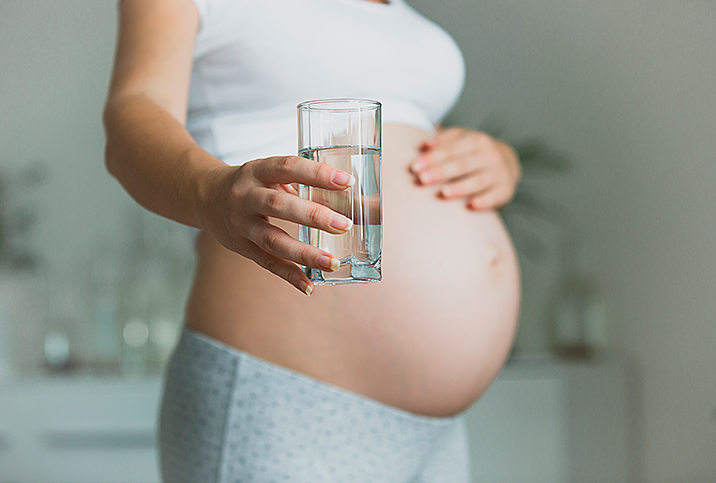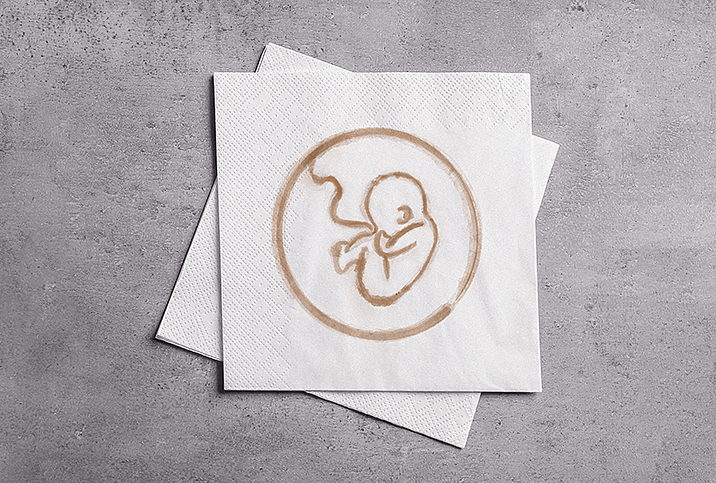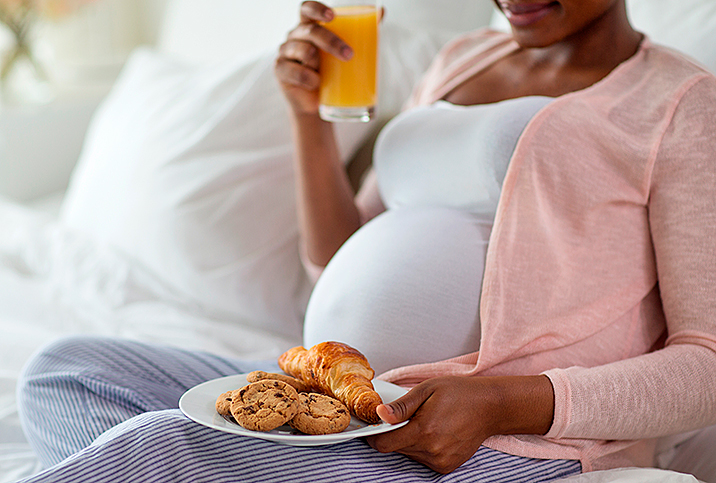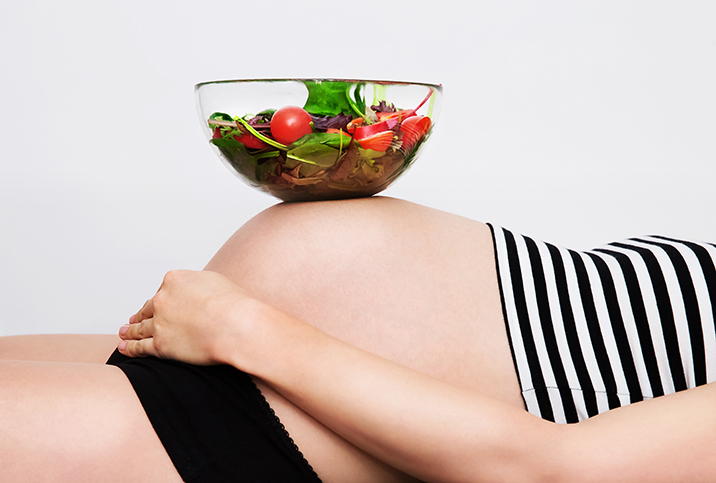Can You Drink Kombucha When Pregnant?
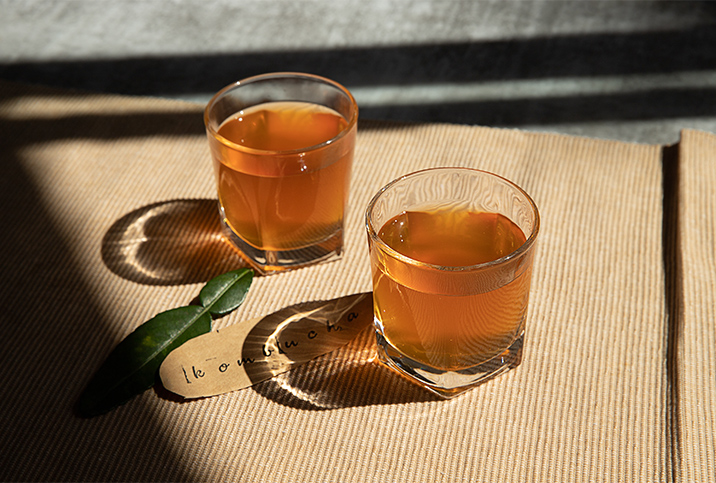
Kombucha, a fizzy drink made from fermented brewed tea, is a great favorite among health and wellness advocates. It has clinically proven beneficial properties, such as boosting your immune system and improving digestion through its probiotic content. Likewise, its pleasantly tart flavor, especially in variants compounded with fruit juice, makes it an enjoyable refreshment in its own right.
However, some doctors warn against drinking kombucha during pregnancy. What are the reasons kombucha is not advised while pregnant?
How kombucha is made
First, let's see how the drink is produced.
In most cases, the drink is made using sweet tea and a natural fermentation agent called a symbiotic culture of bacteria and yeast (SCOBY). Additional ingredients include a sweetener (usually cane or beet sugar to aid the fermentation process and improve the flavor), fruit juices, functional ingredients such as ashwagandha and CBD extract, and ground spices.
This beloved pungent tea does have a small amount of alcohol due to the fermentation process. Surprisingly, however, this is not why most doctors recommend against pregnant women drinking kombucha, stated David Culpepper, M.D., a New York-based physician and clinical director of the healthcare platform LifeMD.
"The amount of alcohol is low enough, under 0.5 percent, that it is not considered a health risk," Culpepper explained.
The lack of pasteurization presents enough of a risk for most doctors to recommend against drinking kombucha when you're pregnant.
What makes kombucha particularly risky for pregnant women is how it's made. People usually drink kombucha as a digestive aid because of the probiotics that develop in the brewing process. The presence of these probiotics is why kombucha is generally unpasteurized, as the pasteurization process would kill the probiotics.
"The danger is that because it's a fermented product, made to grow bacteria, that it could become contaminated with bad bacteria," explained Greg Marchand, M.D., an OB-GYN based in Arizona.
Culpepper added that although the healthy probiotics in kombucha don't present a health risk, the lack of pasteurization presents enough of a risk for most doctors to recommend against drinking kombucha when you're pregnant.
"Without pasteurization, there is a slight chance that harmful bacteria could be present in the drink," he stated.
What are the risks of drinking kombucha when pregnant?
While experts laud the benefits of kombucha for women who aren't pregnant, they advise pregnant women not to drink the beverage until a few months after giving birth.
Drinking kombucha during pregnancy potentially poses the following problems:
Fetal alcohol syndrome
Just because most commercially prepared kombucha brands contain as little as 0.5 percent alcohol doesn't mean they won't have any adverse effects on a child in the womb. The alcohol content present in kombucha has previously generated concern from government officials.
Some kombucha beverages contain alcohol levels above 1 percent, according to a 2021 study published in the Journal of AOAC International. This amount is enough to pose risks to a developing fetus.
Additionally, while nonpregnant individuals may safely metabolize the alcohol in kombucha, expectant mothers cannot, and this may lead to physical and mental damage to a developing fetus.
Too much caffeine
Pregnant women should be mindful of becoming overcaffeinated. The primary ingredient in kombucha is tea, a drink that—unless otherwise specified—has its fair share of caffeine.
While 8 ounces (one glass) of kombucha may contain up to 80 milligrams (mg) of caffeine—well below the 200 mg daily allowance for pregnant women—an individual can easily drink more than that within a day, especially during the hot summer months.
Bacterial contamination
SCOBY is the thick, rather gelatinous substance used to kickstart fermentation. It is made up of similar natural fermentation agents used for producing wine and soft cheeses.
These bacterial agents are not all benign; they may include Listeria and E. coli, which are harmful microorganisms that can adversely impact the health of both the woman and her fetus.
Alternatives to kombucha
While it may be tempting to keep drinking kombucha, the risks it poses to an expectant parent's health just aren't worth it.
Culpepper said that without pasteurization, there is a slight chance harmful bacteria could be present in the drink. The chances are not high, but since so many other beverages don't carry this risk, most doctors advise you to err on the side of caution and skip the kombucha while pregnant. Additionally, Marchand recommended avoiding small-batch or homemade kombucha.
There are alternatives while you keep away from your favorite kombucha when pregnant. They can keep your body refreshed and your unborn child healthy in the womb:
- Sparkling water or nonalcoholic seltzers
- Water infused with fresh fruit and safe herbs, such as mint
- Decaffeinated coffee or tea in moderate amounts
- Plain water sipped at regular intervals during the day
- Fresh fruit juices and smoothies
As with anything, however, we recommend that you consult your gynecologist and a licensed dietitian to see what foods are safe to consume during this time in your life.












